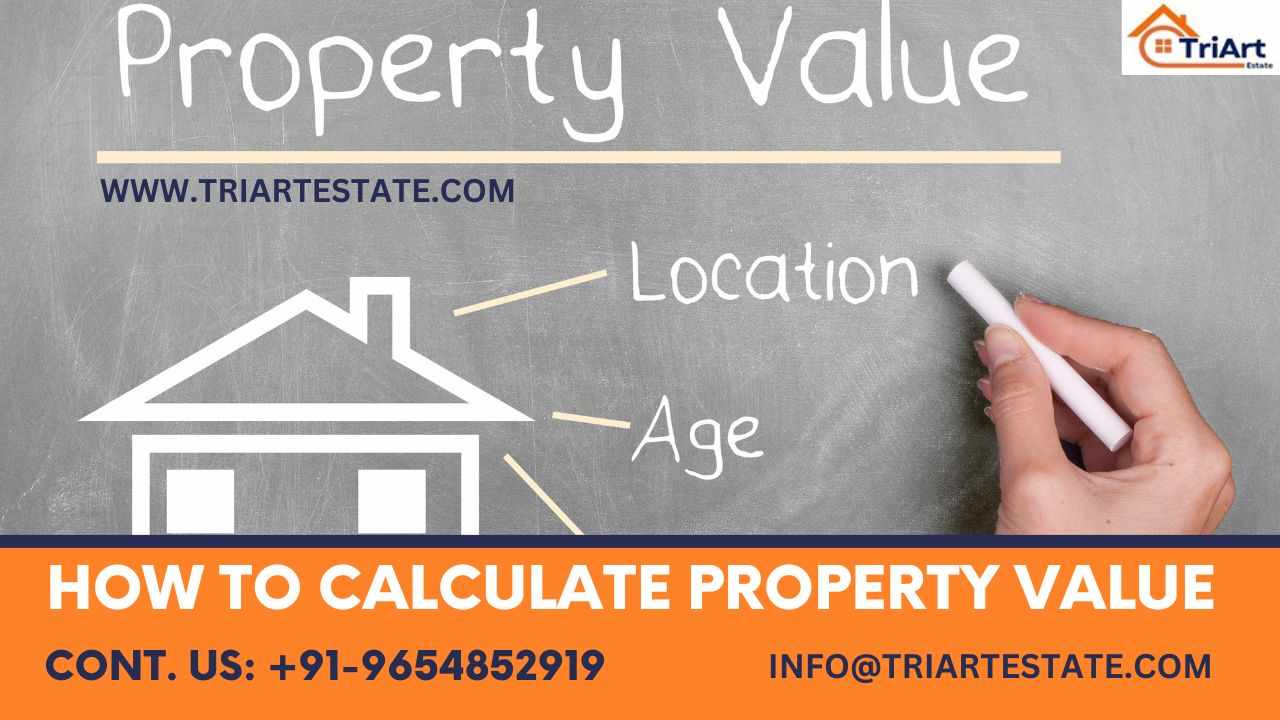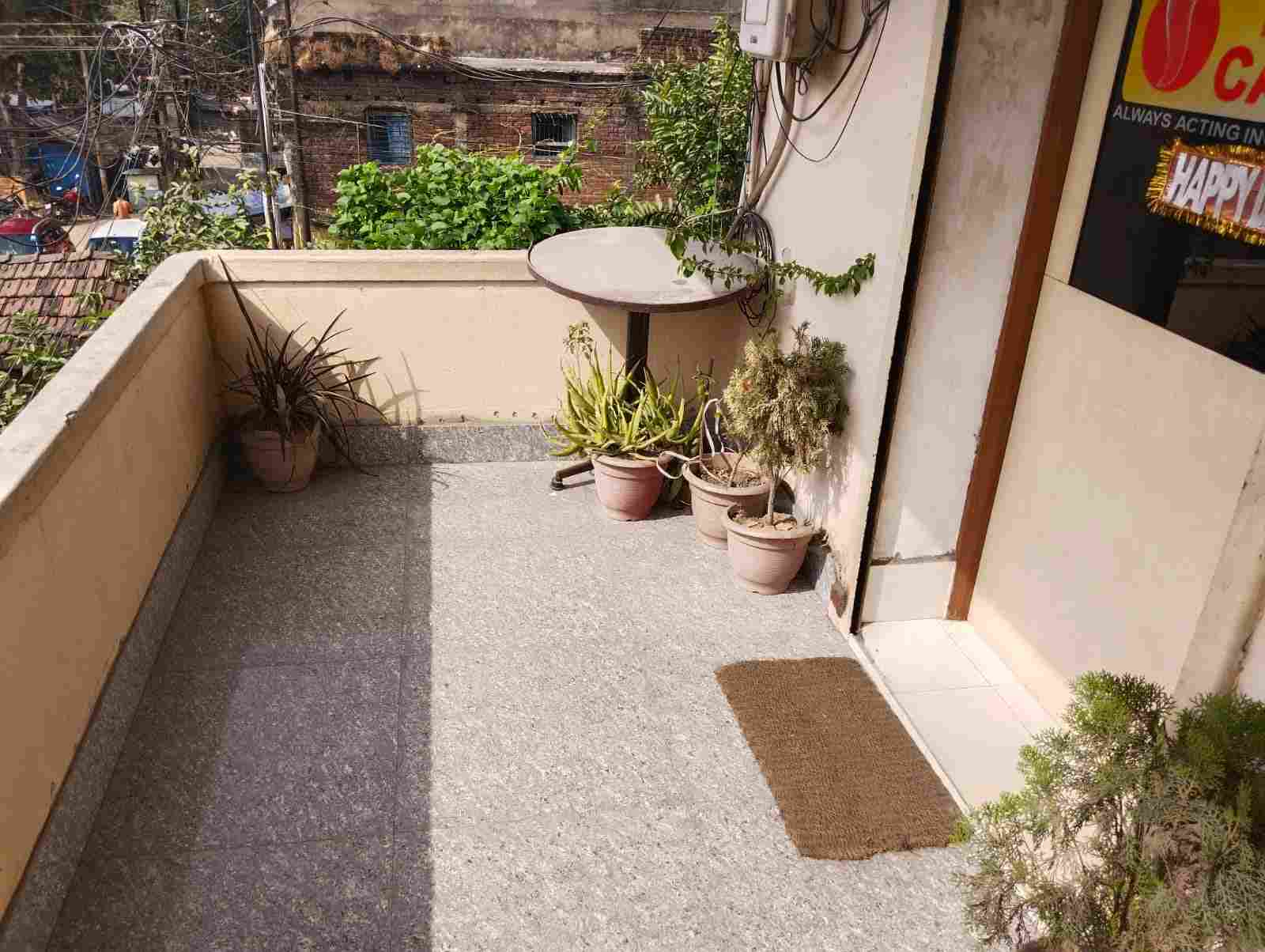Understanding property value is very important for buyers and sellers in real estate. Knowing how to calculate property value is important. It helps you make smart financial choices. This is true whether you are selling, buying, or applying for loans. It also supports your future planning.
This article explains how to calculate property value using the government valuation process. It also covers annual and gross annual values of home property.

How to Calculate Property Value
Property valuation means figuring out how much a property is worth right now. This is based on factors like location, size, age, amenities for residents, market demand, and government rules.
Here are the three main ways to estimate property values:
1. Comparative Market Analysis (CMA)
This method compares your property to similar homes that have recently sold in the area.
- Look at the prices of homes that have sold recently.
- Adjust for differences in size, age, and features.
- “Estimate your market value compared to your competitors.”
2. Income Approach
Value estimation for rental or commercial properties depends on how much income they can generate.
- The formula for Property Value = Annual Net Income divided by the Capitalization Rate (Cap Rate).
- This is suitable for apartments, offices, and shops that earn rental income.
3. Cost Approach
This method calculates the value of land and current building costs, then subtracts depreciation.
- Great for new buildings or special properties.
4. Professional Valuation by Certified Valuer
Hiring a government-approved valuer ensures accuracy. They consider legal documents, location factors, and market changes.
How to Calculate Government Valuation of Property
Government valuation is important for figuring out stamp duty, registration fees, and taxes when buying property.
Steps to Calculate Government Valuation:
- Check your state’s revenue or registration department website.
- Please provide details like property type, location, area size, and survey number.
- The system calculates the value using the circle rate or the guideline value.
- Calculated values show the lowest registration costs.
How to Calculate Property Valuation
Here is a simple way for you to find out the property valuation:
- Find the Market Rate: Check the current rates in your area. You can use brokers, online listings, or government circle rates.
- Calculate Land Value: Multiply the land area by the rate per square foot or square meter.
- Add Construction Cost: Estimate the construction cost. It usually ranges from Rs1,200 to Rs3,000 per square foot, based on quality.
- Account for Depreciation: Text: “The value of older properties decreases by 1-2% each year.”
- Include Amenities: Add extra fees for features like parking, elevators, and the clubhouse.
- Consider Location Factor: Prime locations usually have an extra charge of 18-20% compared to standard rates.
How to Calculate Annual Value of House Property
House values give important information for calculating income tax for property owners.

How to Calculate Property Value In India – Contact Number +91-9654852919
The Income Tax Act of 1961 states that the annual value is: USD.
- An estimate of how much rent will be collected each year, assuming the property is not self-occupied.
Formula:
Annual Value = the higher of (Municipal Value or Fair Rent), but limited by Standard Rent (if applicable)
Self-occupied houses have an annual value of zero.
How to Calculate Gross Annual Value of House Property
Gross Annual Value (GAV) is the total rent a property makes or could make in a year.
Formula:
GAV = The higher amount between Actual Rent Received or Reasonable Estimated Rent.
- Rent of Rs20,000/month + GAV = Rs2,40,000 annually.
- If it is vacant for 2 months, actual rent = ₹20,000 × 10 = ₹2,00,000.
Thus, GAV = Rs 2,00,000. Actual rent due to vacancy will likely be lower.
Factors Affecting Property Value
- Location: “Places like schools, hospitals, markets, and transportation.”
- Infrastructure: Infrastructure quality includes roads, water supply, electricity, and other services.
- Size and Layout: Larger plots or better layouts usually have higher values.
- Age of Property: Newer buildings usually cost more.
- Legal Compliance: Title deeds, occupancy certificates, and clear approvals add a lot of value.
- Market Trends: Changes in demand and supply have a big effect on pricing decisions.
Importance of Accurate Property Valuation
- Fair Pricing: It stops prices from being too high or too low during sales.
- Loan Approval: Banks make loan approval decisions based on property valuation reports.
- Tax Compliance: Ensuring correct stamp duty and registration fees.
- Investment Decisions: It helps buyers and investors find profitable properties.
Tips to Increase Property Value
- Renovation: Modern kitchens with fresh paint and better lighting often get higher offers.
- Energy Efficiency: Solar panels, LED lights, and rainwater harvesting make places look nice and attractive.
- Legal Documentation: Ensure all approvals and NOCs are correct.
- Curb Appeal: Landscaping and outdoor improvements greatly increase the value of real estate properties.

✅ FAQ Section
Q1. How can I calculate the market value of my property?
You can find market value by looking at nearby sale prices. You can also use the cost approach, which adds land, construction, and depreciation. Another option is to use online valuation tools.
Q2. What is the government valuation of property?
Circle rates set by each state government help calculate stamp duty and registration fees for property transactions.
Q3. How do I find my property’s government valuation?
Check your state’s revenue or registration department website. Enter property details like area and type. Then, get its Value based on circle rates.
Q4. How is annual value of house property calculated?
Annual Value refers to an estimate of what the expected rental income for self-occupied homes might be during one year, when self-occupied homes are considered zero annual Value.
Q5. What is gross annual value of house property?
Gross Annual Value (GAV) is the maximum of two amounts. It can be the actual rent you receive. Or it can be the expected rental income for a year.
Q6. Why is accurate property valuation important?
Accurate valuation helps set fair prices. It also ensures correct tax calculations and smooth loan approvals. This process aids buyers and sellers in making informed choices.
Q7. How does location affect property value?
Properties located near markets, schools, hospitals, and transport hubs usually have higher values. This is because they are in high demand and offer more convenience.
Q8. Do banks use the same valuation as the market price?
Not necessarily. Banks use certified valuers to estimate fair market values before giving loans. These estimates can be very different from current market prices.
Q9. Can renovation increase my property value?
Yes. Renovations that enhance interiors with modern features can greatly raise property values. These features include updated lighting, fresh paint, and energy-saving components.
Conclusion
Knowing how to calculate property value helps buyers, sellers and investors make good real estate choices. By looking at government valuation, annual value and gross annual value, you can understand property taxes and deals better. This ensures clear communication between government assessments and transactions.
For accurate assessments, talk to a certified valuer or use state-approved online calculators.




Join The Discussion